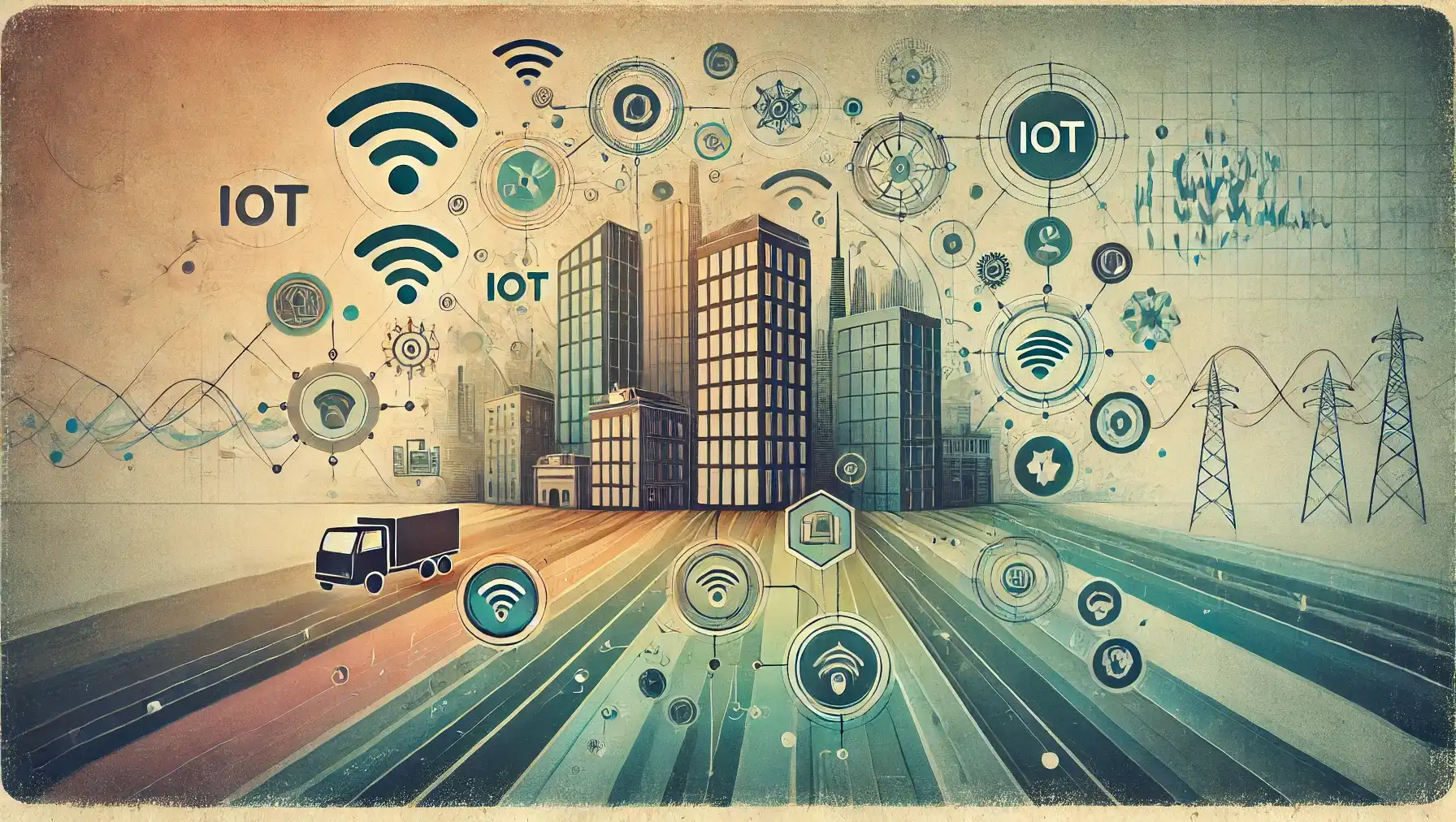The Internet of Things (IoT) is revolutionizing the management of multi-dwelling units (MDUs), offering unprecedented opportunities to enhance efficiency, increase profits, and reduce environmental impact. As IoT technologies continue to mature, their integration into MDUs is transforming the property management landscape. This blog post explores how IoT can be leveraged to achieve these goals, supported by recent developments and insights from industry experts.
Enhancing Operational Efficiency
1. Streamlined Property Management: IoT technologies enable property managers to automate and streamline various operations, significantly reducing manual intervention. Smart sensors and connected devices can monitor and manage building systems such as HVAC, lighting, and security. For instance, smart thermostats can optimize heating and cooling based on occupancy patterns, reducing energy consumption and operational costs. Automated lighting systems can ensure that common areas are lit only when needed, further conserving energy.
2. Predictive Maintenance: IoT sensors can predict equipment failures before they occur, allowing for proactive maintenance. This not only prevents costly breakdowns but also extends the lifespan of equipment. For example, IoT-enabled water leak detectors can identify potential leaks early, preventing water damage and reducing repair costs. According to Vantiva’s Reza Raji, IoT can prevent significant expenses by addressing issues like water leakage promptly, enhancing compliance, and reducing liability.
Increasing Profitability
1. Enhanced Tenant Experience: Providing IoT-based amenities can enhance tenant satisfaction and retention, which is crucial for maintaining high occupancy rates. Managed Wi-Fi solutions, smart locks, and integrated security systems are becoming essential features for modern tenants. A study by Smartcom Telephone highlights that 64% of apartment renters would consider moving if their internet service is unsatisfactory, emphasizing the importance of reliable, high-speed internet in MDUs.
2. New Revenue Streams: IoT technologies can create additional revenue opportunities. Property managers can offer premium IoT services such as smart home integrations and enhanced security features for an additional fee. Managed Wi-Fi services, where tenants pay a monthly subscription for high-speed internet, can also generate consistent revenue. These services not only meet tenant demands but also provide a competitive edge in attracting new tenants.
Reducing Environmental Impact
1. Energy Efficiency: IoT solutions contribute to significant energy savings, reducing the environmental footprint of MDUs. Smart energy management systems can monitor and control energy usage in real-time, optimizing consumption and reducing waste. For example, smart meters can provide detailed insights into energy usage patterns, allowing property managers to implement energy-saving measures and track their effectiveness.
2. Sustainable Building Management: IoT-enabled systems can support sustainable practices by monitoring water usage, waste management, and air quality. Smart irrigation systems can optimize water use for landscaping, ensuring that green spaces are maintained efficiently. Additionally, IoT can facilitate the integration of renewable energy sources, such as solar panels, into building management systems, further enhancing sustainability.
Case Studies and Industry Examples
1. Vantiva’s IoT Solutions: Vantiva, formerly known as Technicolor, is a leader in providing IoT solutions for MDUs. Their comprehensive approach includes integrating intelligent devices, sensors, gateways, and cloud resources to offer real-time and predictive analytics. Vantiva’s solutions enhance compliance, streamline processes, and create new revenue streams, demonstrating the transformative potential of IoT in property management.
2. CABA’s Research on IoT in MDUs: The Continental Automated Buildings Association (CABA) has launched an extensive research project to examine the potential of IoT in connected MDUs. The study aims to provide actionable data on market trends, business opportunities, and technical barriers, helping property managers and developers make informed decisions about IoT implementation.
Conclusion
The integration of IoT technologies in multi-dwelling units offers substantial benefits in terms of efficiency, profitability, and sustainability. By leveraging IoT, property managers can enhance tenant satisfaction, generate new revenue streams, and reduce their environmental impact. As the technology continues to evolve, its adoption in the real estate sector is set to become a key driver of innovation and growth.
For property managers and real estate investors, staying ahead of IoT trends and understanding their practical applications is crucial. By partnering with experienced IoT service providers and investing in smart technologies, the potential for transforming MDU management and achieving long-term success is immense.
